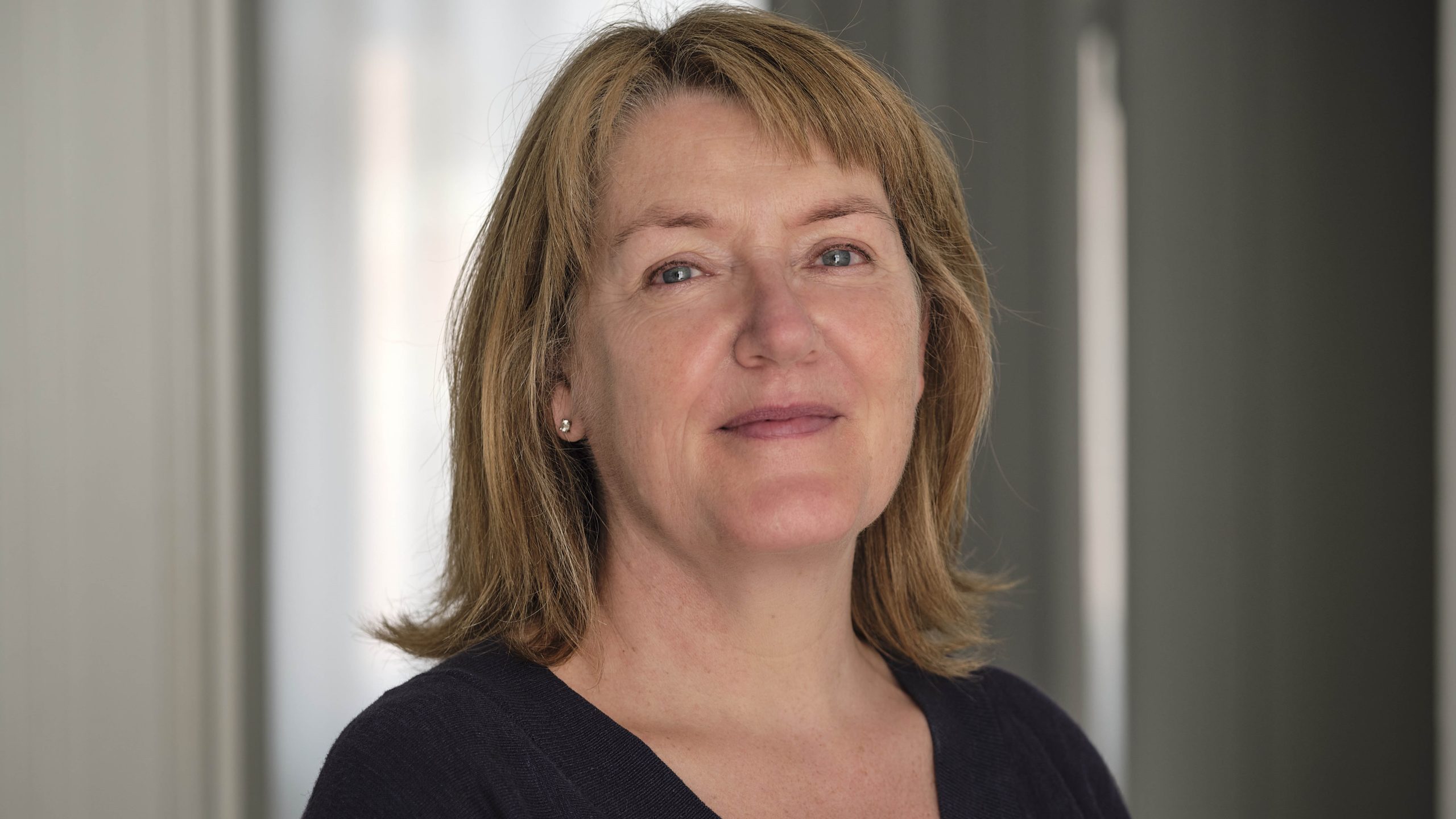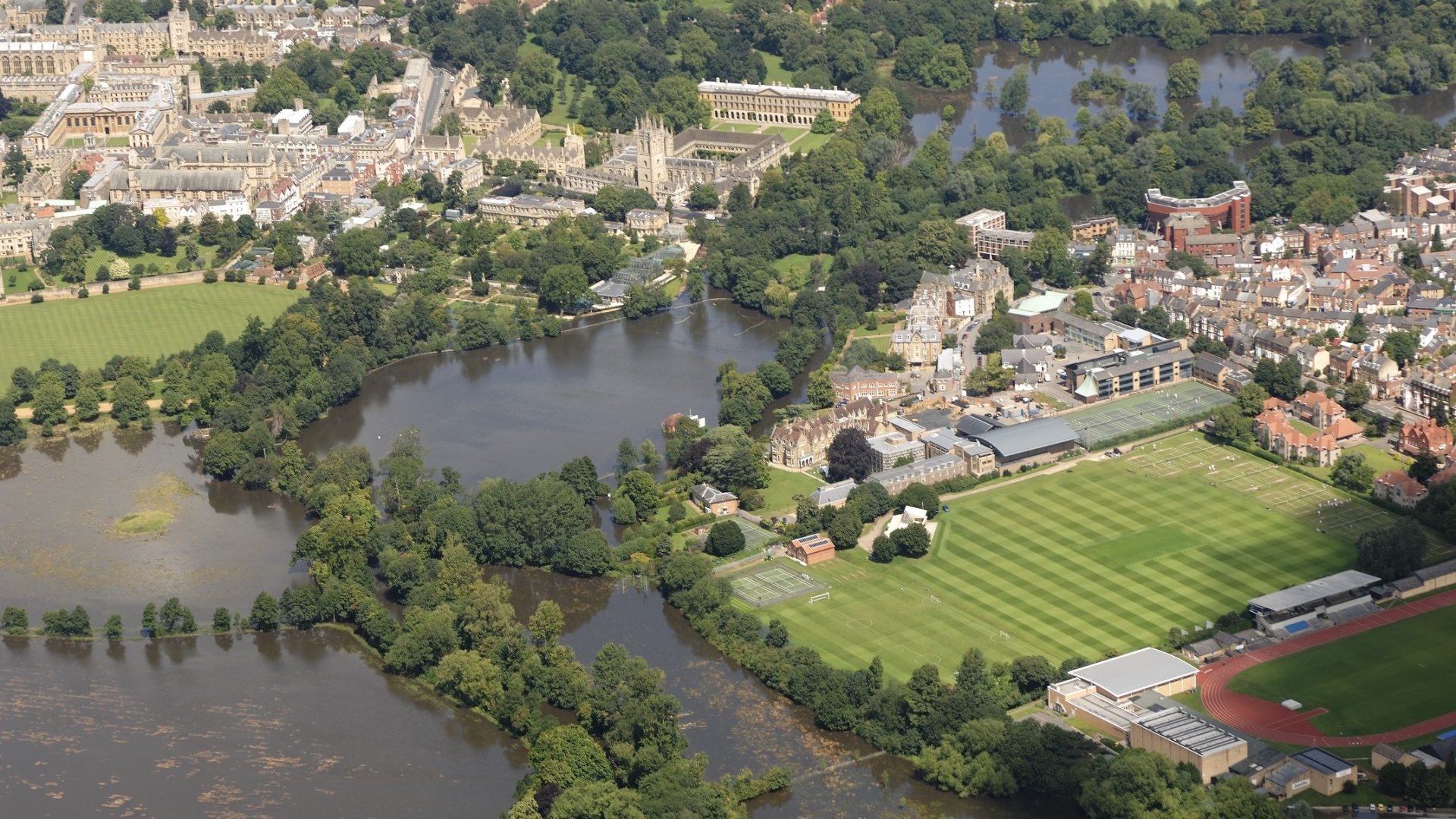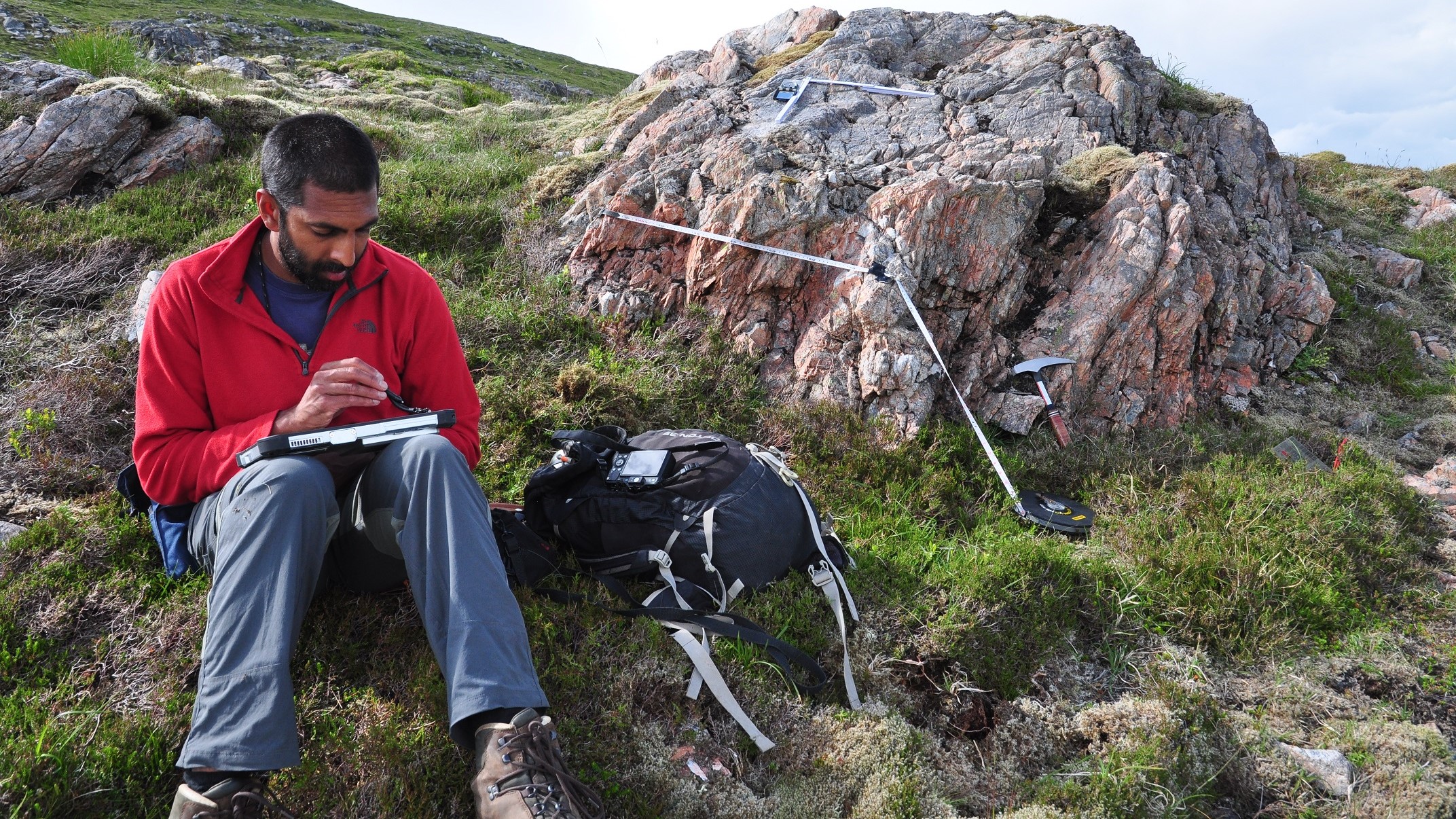The British Geological Survey (BGS) has published its strategy, Understanding our Earth 2023-2028.
BGS was founded in 1835 and is the oldest geological survey in the world. Its new strategy sets out its four priority science areas for the next five years: 21st-century maps and models, the energy transition, water security and living alongside hazards.
BGS’s core mission is to use geology to address the existing, evolving and new challenges that society faces.

Dr Karen Hanghøj, BGS Director, said: “Geology is the answer to many of the challenges we face in the UK and globally. Everything starts with a rock.
“Our five-year strategy will help deliver the necessary geological data and knowledge for a sustainable future.
“Data, information and our expertise on the subsurface and its processes are vital for decarbonising our energy supply, understanding important resources like critical minerals and tackling drought, water security and geological hazards such as coastal erosion.”
Maps and models for the 21st century
BGS will characterise the UK’s geology through a programme of 2D and 3D geological mapping, and develop new ways to integrate onshore and offshore maps.
As part of this BGS will expand its airborne gravity survey capability, which will reveal the UK’s geological ‘architecture’ and how it has changed over time.
Dr Hanghøj said: “A key organisational focus will be enhancing how we deliver and communicate our data and knowledge so that stakeholders, whether government, regulators or industry, can use it to inform policy and innovation.
“Focusing on maps and models for the 21st century and providing a comprehensive dataset will reduce the risks and uncertainties we face as a society in regard to water supply, underground infrastructure, hazards mitigation and locating domestic mineral resources.
“Maps and models will be the backbone of all delivering our research and expertise.”
Using the subsurface for a net zero energy transition
BGS will provide insight that allows stakeholders to optimise the role, scale and location of geological decarbonisation technologies in the UK.
It plans to identify suitable locations in the UK and assess their potential for geothermal energy, carbon and energy storage, radioactive waste disposal and critical raw materials.
Dr Hanghøj said: “We’re taking a portfolio approach to subsurface decarbonisation technologies.
“We’ll identify areas that have the potential for technologies, like geothermal energy or carbon storage. Our modelling and assessments will identify the benefits and risks of each site.
“Ultimately this means quicker, faster information that will help government and industry derisk and deploy these technologies, with proper risk assessment.”
Water security
BGS is known for its world-leading research in water security. Its expertise, laboratories and long-term datasets all provide analysis and understanding of the UK’s groundwater, aquifers and soils.
BGS will now focus on developing digital products and services for the timely release of up-to-date information on the status of our water resource.
Dr Hanghøj said: “We need to quantify our water resource: its potential, its limits, its value and resilience.”
“We will continue our world-leading work on understanding the subsurface’s impact on floods, droughts and soil resources.”
“We need to consider our water security in the present, but also in the context of climate change what impact will that have on our water supply.”
Living with geological hazards
The strategy commits BGS to reducing the societal costs of geological and associated environmental hazards through better access to monitoring, forecasts, information and advice.
Dr Hanghøj said: “We are experts in monitoring and improving resilience to hazards like landslides, earthquakes, volcanoes, groundwater flooding and extreme space weather.
“We’re going to continue being the authority on these hazards in the UK and around the world, deepening our understanding of these processes and events, identifying communities at risk and improving resilience.
“We’re going to continue developing the technologies, sensors, tools and digital hazards that we need to manage and respond to these hazards.”
Building on excellence
The BGS strategy also outlines how the organisation will change over the next five years. The survey is recruiting new scientists to expand its expertise and flexibility It also hopes to support a pipeline of talent by delivering a GeoAcademy for younger researchers and scientists, including those from underrepresented communities, to increase their exposure to geology and environmental science.
Dr Hanghøj said: “BGS has a proud history and an exciting future.
“Our five-year strategy will provide a real focus and impetus for our work and research, which has impact in the UK and around the world.
“The new BGS strategy gives us a framework to communicate the value and impact we deliver to the public, our partners and our stakeholders.”
Read the full strategy here: https://www.bgs.ac.uk/about-bgs/strategy-2023-to-2028/




